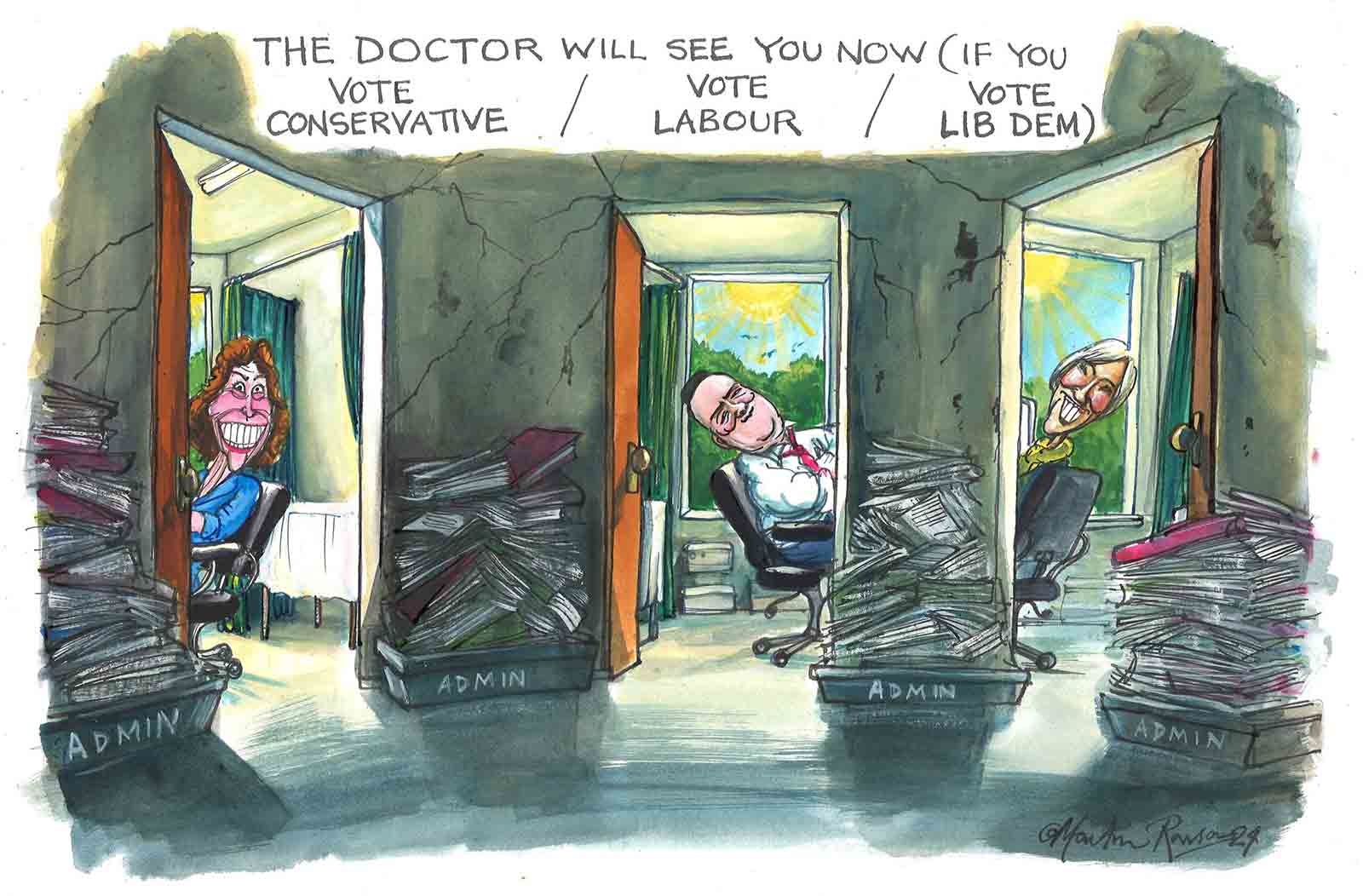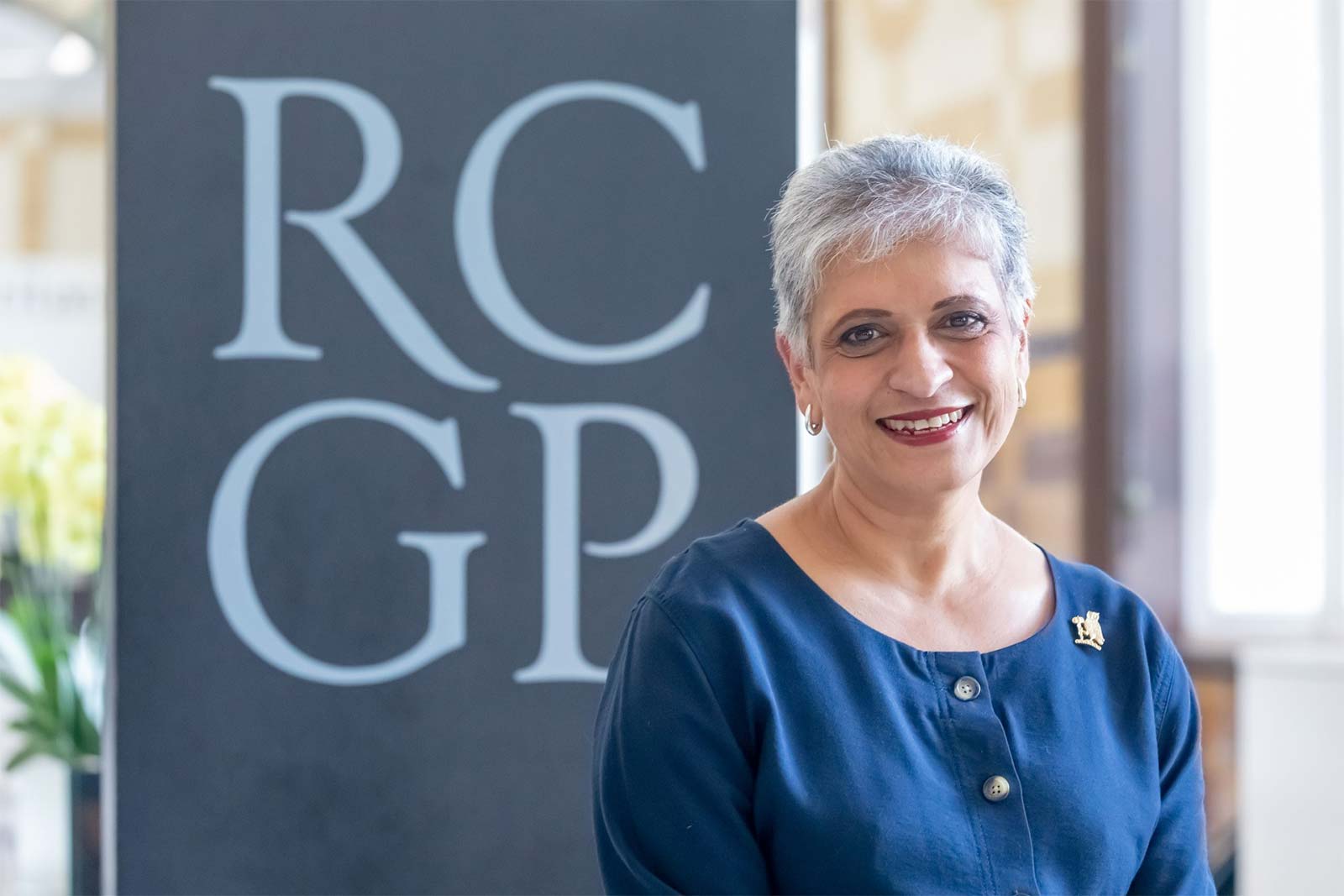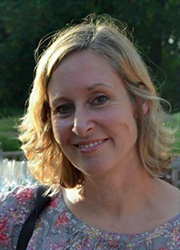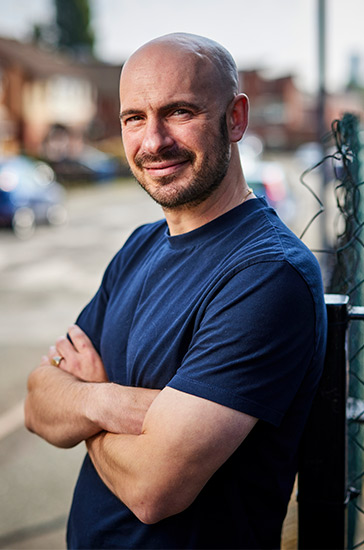
Opinion: General practice is the backbone of the NHS, not a political football
Published on 14 May 2024

10 Minute Consultation: Dr Toyosi Adeniji
RCGP Chair, Professor Kamila Hawthorne, argues that whilst general practice must be a priority for politicians as we approach the General Election, it must not be used as a political football

Politicians are aware of how much the public values their GP – and how integral being able to get an appointment is to their satisfaction with the NHS. With the general election around the corner, all political parties are lining up to promise voters that their government will work wonders for general practice. You can read what the three main parties are saying in this exclusive hustings article for GP Frontline.
It’s absolutely right that general practice should be a priority for any new government but what GPs, our teams and patients need to hear are radical but achievable plans to maintain and build the GP workforce, in the short and long term. This is, frankly, the only thing that will keep our service sustainable and improve patients’ access to our care – and the College has set out clear solutions, that political parties are more than welcome to adopt, in our General Election manifesto.
We don’t want to see any sticking plaster solutions that make nice soundbites – same-day access targets and waiting time guarantees, for instance - without any thought to the number of doctors needed to deliver them, or the unintended consequences of introducing such policies. We don’t need general practice to become a political football, with parties of all persuasions kicking around vote-winning promises that will be undeliverable without addressing workload and workforce pressures. In some cases, these gimmicks could actually make things worse.
The current situation was decades in the making: general practice has faced years of neglect, underfunding and poor planning. GPs are frustrated – we want to provide the safe, timely and personalised care we are trained to deliver, but we’re trying to manage with practices that aren’t fit for purpose, understaffed teams, and ever-tighter budgets.
General practice workload is escalating in both complexity and volume: we are looking after a growing and ageing population with more people living with multiple, chronic conditions. But this is falling on fewer and fewer GPs – contrary to what the Government claims, as they base their calculations on headcount and include GP registrars. The average number of patients per fully qualified GP continues to rise and is now a shocking 2,298, meaning each GP is, on average, responsible for 158 more patients than they were five years ago.

This is not sustainable and we can’t be expected to keep doing more with less. Far too many of our valued colleagues are leaving as the situation becomes untenable. Our estimates suggest as many as 22,000 could leave in the next five years, with many citing stress and burnout as reasons.
And it’s true we have more GPs in training than ever before, which is fantastic, but it will take several years for these doctors to qualify and join the profession. Plus, GP registrars need training, they need mentorship and guidance in a safe and supportive practice environment. So, training more GPs is great – but we urgently need to retain our highly-skilled and experienced GPs too.
This is key in our General Election manifesto ‘Seven Steps to Save General Practice and Safeguard our NHS’. We need reinvigorated retention schemes that provide targeted support to GPs who are most likely to leave. This may be those considering early retirement, but also those at earlier stages of their careers, such as GPs struggling to juggle caring responsibilities, and those just starting out who are daunted by the additional responsibilities of being a GP that aren’t made clear during their three years of training.
Furthermore, whilst we agree wholeheartedly that the UK needs to train more doctors, we must also ensure that our colleagues who come to the UK to train and work in the NHS are valued and supported to stay. We must ensure that GPs from overseas, upon completion of their specialty training, can apply for indefinite leave to remain, as those in other medical specialties can, to continue working in the UK.
NHSE’s Long Term Workforce Plan, published in 2023, says that GP Registrar numbers will rise by 50% but worryingly, the National Audit Office report on the Plan says there will only be a projected rise of 4% in GP numbers overall. This is especially concerning when compared to a projected 49% rise in consultant numbers. Surely this can’t be right for the future of the NHS? Especially if all major political parties are talking of more services being delivered in community settings, with additional emphasis on prevention?
General practice is the backbone of the health service, with GPs and our teams making the vast majority of patient contacts in the NHS. When primary care works as it should, it alleviates pressure across the whole health service. Without a functioning general practice service, the NHS will fail.
Gimmicky stunts and solutions are simply not enough any more. Neither are promises or targets plucked out the air. Political parties of all persuasions need to listen to us, understand and act.
Read more

Thank you for your feedback. Your response will help improve this page.


